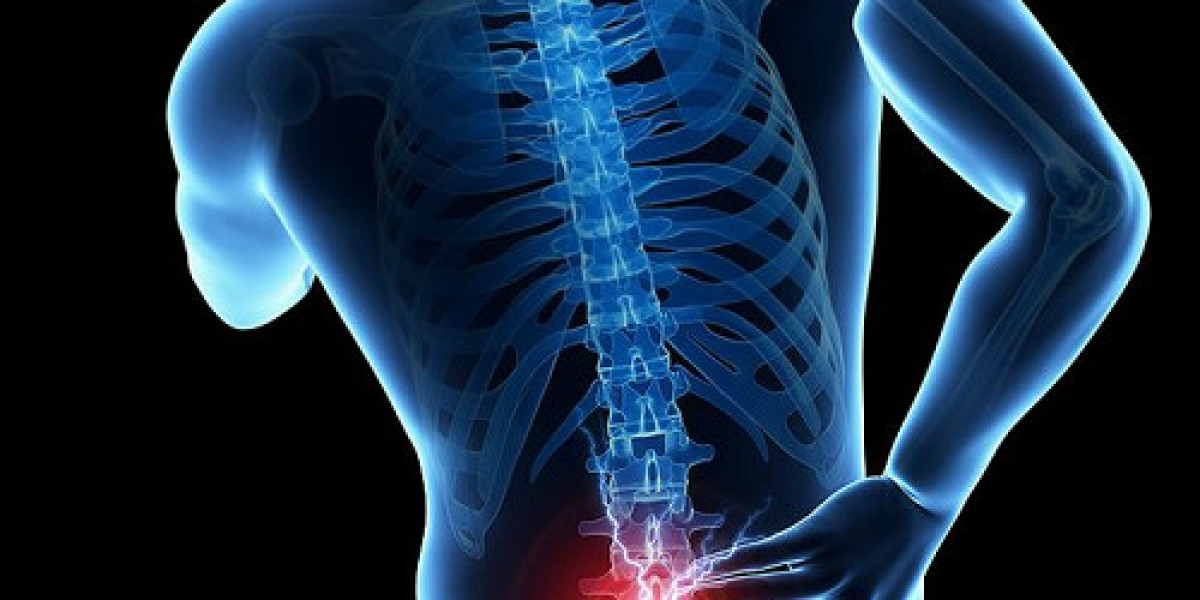Introduction to CNC Milling Services
In today's fast-paced manufacturing world, precision, speed, and efficiency are paramount. CNC (Computer Numerical Control) milling services have become essential for industries that require high-quality, complex parts. These services have transformed the way manufacturing is done, enabling manufacturers to produce parts with extraordinary accuracy and consistency. In this article, we will explore CNC milling services, their applications, benefits, and why they are an indispensable tool for modern industries.
What is CNC Milling?
CNC milling refers to a manufacturing process that uses computer-controlled machines to remove material from a workpiece to create custom parts. The process involves rotating a cutting tool against the workpiece to shape and carve it into the desired form. CNC milling services involve precision machinery operated through digital commands, allowing manufacturers to create highly accurate, intricate designs that were once only possible with manual techniques.
How CNC Milling Works
CNC milling services start with a digital design or CAD (Computer-Aided Design) file. The design is converted into machine-readable code (G-code), which guides the CNC machine through the cutting process. The machine’s rotating tool interacts with the workpiece, precisely removing material layer by layer. CNC milling can be performed in 2, 3, 4, or 5 axes, depending on the complexity of the part being produced.
Applications of CNC Milling Services
CNC milling services are used across various industries, from aerospace to medical equipment. Some of the key applications include:
Aerospace: Precision is critical in the aerospace industry, and CNC milling services are used to manufacture components such as turbine blades, engine parts, and structural components.
Automotive: The automotive sector benefits from CNC milling for creating parts like engine blocks, gears, and chassis components, ensuring high-performance standards and durability.
Medical: CNC milling allows for the production of surgical instruments, implants, and prosthetics with exact measurements, reducing the risk of errors and improving patient outcomes.
Electronics: The electronics industry relies on CNC milling to manufacture parts like housings, connectors, and circuit boards, ensuring precision and functionality.
Defense: CNC milling is used for creating parts for military equipment, ensuring the parts meet rigorous standards of strength and accuracy.
Benefits of CNC Milling Services
High Precision: CNC milling services deliver incredible accuracy, with tolerances of up to microns, ensuring that every part produced meets the design specifications exactly.
Complex Geometries: CNC milling allows for the production of complex, intricate shapes that would be impossible or extremely difficult with traditional machining techniques.
Increased Efficiency: Since the process is automated, CNC milling services can operate 24/7, significantly reducing production time and increasing output.
Material Versatility: CNC milling can work with a wide range of materials, including metals, plastics, and composites, making it a versatile option for many industries.
Cost-Effectiveness: Although CNC machines are an investment, they offer long-term savings through high production volumes, reduced material waste, and minimized human error.
Types of CNC Milling Machines
There are different types of CNC milling machines, each designed for specific tasks:
Vertical CNC Mills: In vertical mills, the spindle is oriented vertically, which is ideal for smaller, simpler parts. These machines are commonly used for drilling, milling, and tapping tasks.
Horizontal CNC Mills: Horizontal milling machines have a horizontally-oriented spindle, making them better suited for larger and more complex parts. They are often used in mass production environments.
5-Axis CNC Mills: 5-axis milling machines offer the most flexibility and precision, as they can move the workpiece in five different axes, allowing for complex, multi-dimensional cuts. These machines are used for high-precision parts, such as aerospace components.
CNC Swiss Lathes: These machines are designed for parts that need to be produced in high quantities with precision, often used for industries such as medical device manufacturing.
Choosing the Right CNC Milling Service Provider
When looking for CNC milling services, it’s important to choose a provider that aligns with your production needs. Here are some factors to consider:
Experience: A provider with years of experience will be better equipped to handle your unique requirements and ensure the best quality.
Technology: Look for a provider that uses advanced CNC machines and technology. This will ensure that the machining process is both precise and efficient.
Quality Control: Make sure the service provider has a strong quality control process in place, including post-production inspection and testing to ensure that each part meets specifications.
Lead Time: Depending on your project’s urgency, the lead time is an important factor. A reliable CNC milling service provider should offer quick turnaround times without compromising quality.
Cost: While quality should be the top priority, it’s also important to ensure that the pricing is competitive and aligned with your budget. Compare quotes from different providers and assess the overall value.
CNC Milling vs. Traditional Milling
While traditional milling is done manually, CNC milling is automated, offering numerous advantages:
Precision: CNC milling is much more precise than traditional methods, allowing for parts to be produced with high tolerances and intricate designs.
Consistency: CNC milling can produce identical parts in large quantities, whereas traditional methods may result in slight variations.
Speed: CNC milling machines work faster than manual milling, allowing for quicker production times and lower costs.
Labor Costs: CNC milling requires fewer operators, reducing labor costs and minimizing the risk of human error.
Future Trends in CNC Milling Services
The future of CNC milling looks promising, with continued advancements in technology. Here are some trends to look out for:
Automation and AI: With the increasing use of artificial intelligence and automation, CNC milling services will become even more efficient and autonomous, further reducing the need for manual intervention.
Additive Manufacturing Integration: CNC milling is expected to integrate with additive manufacturing, allowing manufacturers to combine subtractive and additive processes for greater flexibility.
Advanced Materials: As new materials are developed, CNC milling will adapt to handle more specialized and high-performance materials, making it suitable for even more industries.
Improved Software: Advances in CAD and CAM (Computer-Aided Manufacturing) software will enhance the precision and efficiency of CNC milling, enabling designers to create even more complex parts with ease.
Conclusion
CNC milling services have become a cornerstone of modern manufacturing, offering unparalleled precision, efficiency, and versatility. From aerospace to medical devices, industries worldwide rely on CNC milling to produce high-quality parts that meet rigorous standards. With the advancements in technology and the increasing demand for complex parts, CNC milling will continue to evolve and shape the future of manufacturing. Whether you’re looking for custom components or large-scale production runs, CNC milling services provide the solution for achieving exceptional results every time.








